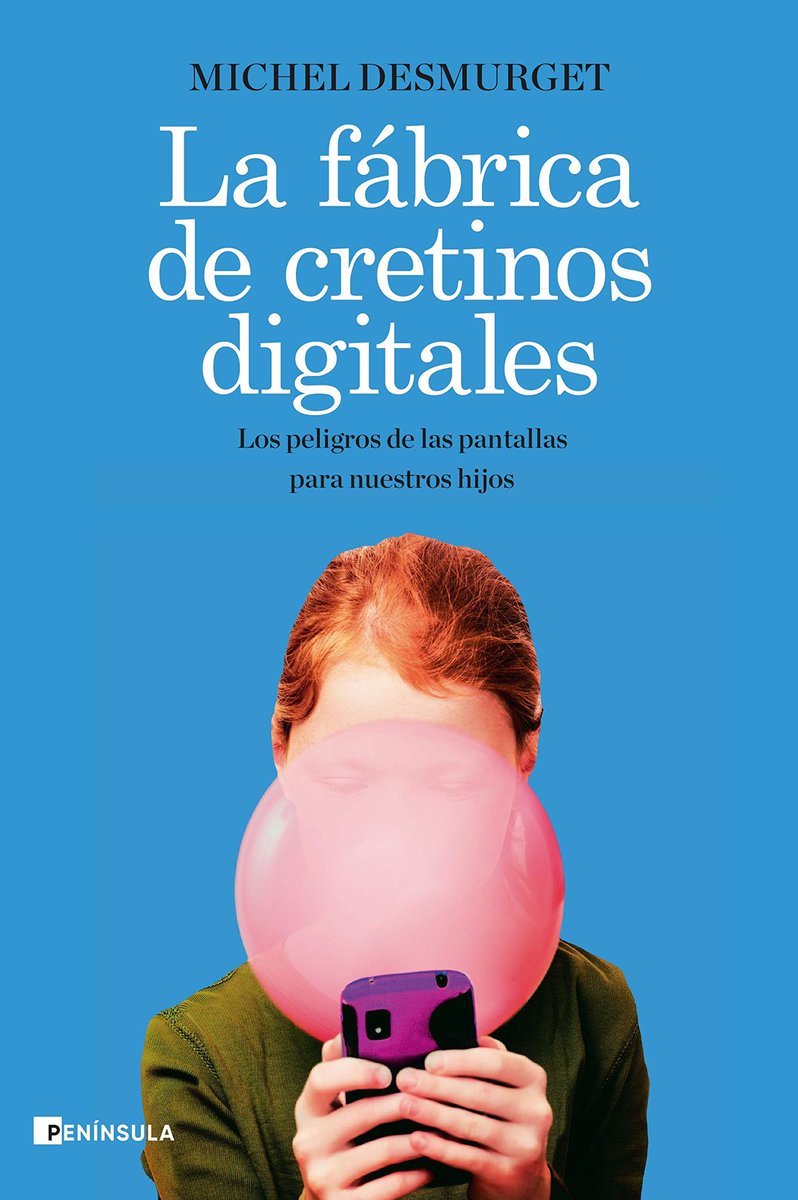
👓#BookReview
“Technology Is Not Neutral” by @hare_brain
London Publishing Partnership
harebrain.co/books
Here are my takeaways 🧶 + bonus track
“Technology Is Not Neutral” by @hare_brain
London Publishing Partnership
harebrain.co/books
Here are my takeaways 🧶 + bonus track

Trade-Off:
Is Technology good or bad? We might refine our question further. For whom is it good or bad? Under what conditions is it good or bad? What unintended consequences might there be to using it? We’re confronted by trade-offs between security, privacy and freedom.
Is Technology good or bad? We might refine our question further. For whom is it good or bad? Under what conditions is it good or bad? What unintended consequences might there be to using it? We’re confronted by trade-offs between security, privacy and freedom.
🤷♀️Are we Humans?
Tech is part of what makes us human. Only some of us create tech but we all use it, and we all have it used on us, sometimes without our knowledge and consent. Tech is at the interface between citizens and governments, btw consumers and companies...
Tech is part of what makes us human. Only some of us create tech but we all use it, and we all have it used on us, sometimes without our knowledge and consent. Tech is at the interface between citizens and governments, btw consumers and companies...
Socio-technological view:
Technology is too important to be left to technologists. We need everyone to hold technology to account. The problem is that your data is not under your control.
Technology is too important to be left to technologists. We need everyone to hold technology to account. The problem is that your data is not under your control.
🧠Intelligence:
AI is ‘neither artificial nor intelligent’ but rather a dynamic system of natural resources, energy consumption, human labour in the supply chain, and data extraction from websites and devices.
AI is ‘neither artificial nor intelligent’ but rather a dynamic system of natural resources, energy consumption, human labour in the supply chain, and data extraction from websites and devices.
Ethics:
Technology ethics is not simply a checklist that we can delegate to one person or team to do once, and then forget about. It is a mindset. It is a conversation that is interdisciplinary, dynamic and iterative...
Technology ethics is not simply a checklist that we can delegate to one person or team to do once, and then forget about. It is a mindset. It is a conversation that is interdisciplinary, dynamic and iterative...
📡Surveillance:
There will always be investors who are happy to profit from surveillance, censorship and other controversial activities...In 2018 the official estimate was 6 million cameras in the UK (for a population of 66 million people, or one camera for every eleven people).
There will always be investors who are happy to profit from surveillance, censorship and other controversial activities...In 2018 the official estimate was 6 million cameras in the UK (for a population of 66 million people, or one camera for every eleven people).
Biometrics (i)
There’s no need for a physical ID card when we can be identified by our DNA, our fingerprints, our faces, voices or other physical and behavioural characteristics. Biometrics include our DNA, our faces, voices, fingerprints, our eyes (retinas, irises)...
There’s no need for a physical ID card when we can be identified by our DNA, our fingerprints, our faces, voices or other physical and behavioural characteristics. Biometrics include our DNA, our faces, voices, fingerprints, our eyes (retinas, irises)...
Biometrics (ii)
We can leave our smartphones behind but not our faces. You can shave your beard off. But you can’t shave your biometrics. Our biometrics cannot be reset unlike a username or a password. That is a problem, because they can be stolen and gathered without our consent
We can leave our smartphones behind but not our faces. You can shave your beard off. But you can’t shave your biometrics. Our biometrics cannot be reset unlike a username or a password. That is a problem, because they can be stolen and gathered without our consent
Biometrics (iii)
We already have an ID card that works nationally and internationally: our face. What we do not have is a proper legislative framework to protect that ‘ID card’ from being used and abused by the police, companies, foreign powers and each other.
We already have an ID card that works nationally and internationally: our face. What we do not have is a proper legislative framework to protect that ‘ID card’ from being used and abused by the police, companies, foreign powers and each other.
Regulatory framework:
The United Nations Human Rights called in 2021 for a moratorium on the sale of and use of artificial intelligence technology – including facial recognition – that poses human rights risks.
The United Nations Human Rights called in 2021 for a moratorium on the sale of and use of artificial intelligence technology – including facial recognition – that poses human rights risks.
Self-Regulation:
When some of the most powerful technology companies in the world are voluntarily restricting the use of their products and asking the government for regulation, it is time to pay attention
When some of the most powerful technology companies in the world are voluntarily restricting the use of their products and asking the government for regulation, it is time to pay attention
Bonus:
The End of Privacy? Ethical Questions for the Digital Era | WGS2022
The End of Privacy? Ethical Questions for the Digital Era | WGS2022
• • •
Missing some Tweet in this thread? You can try to
force a refresh






